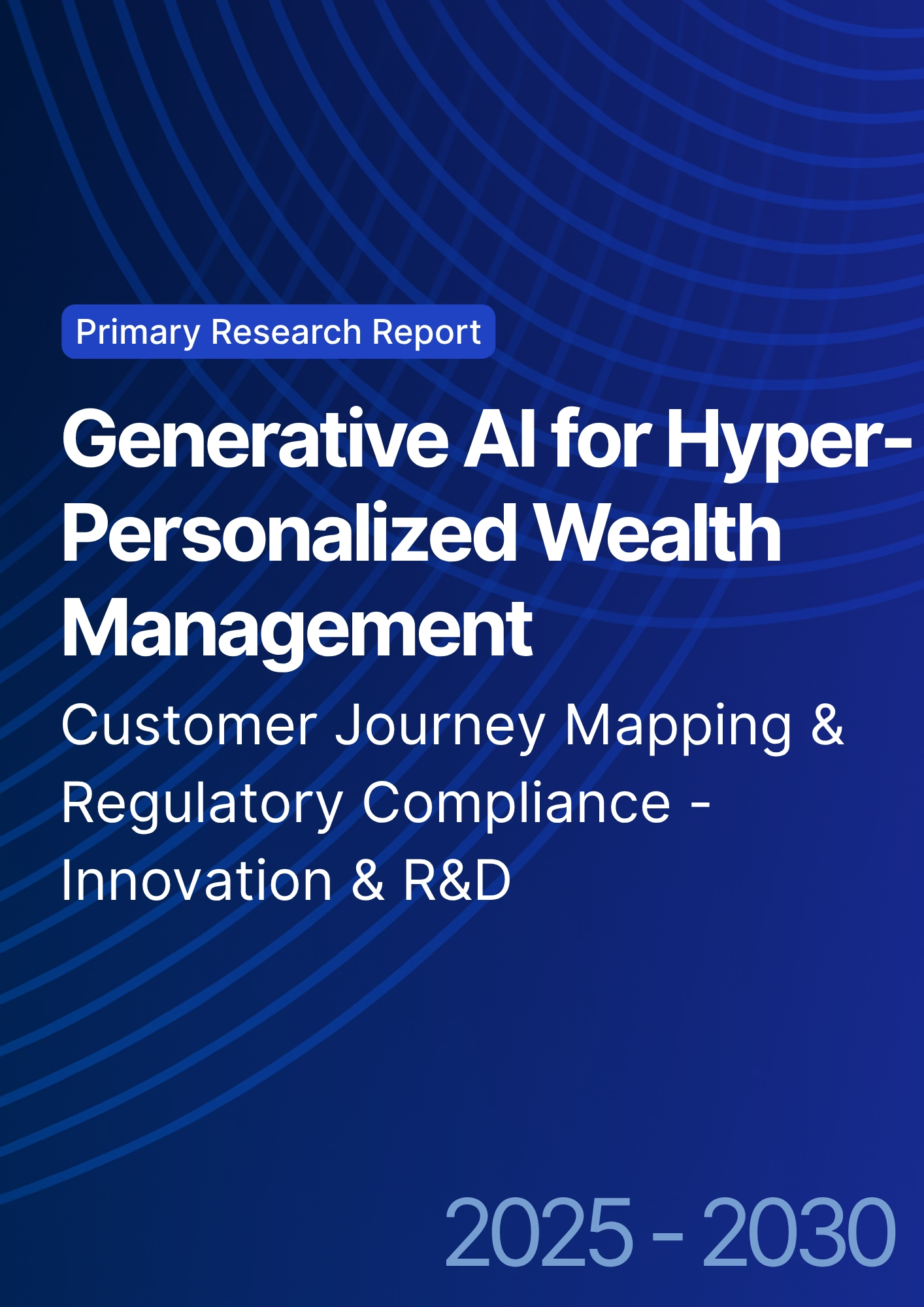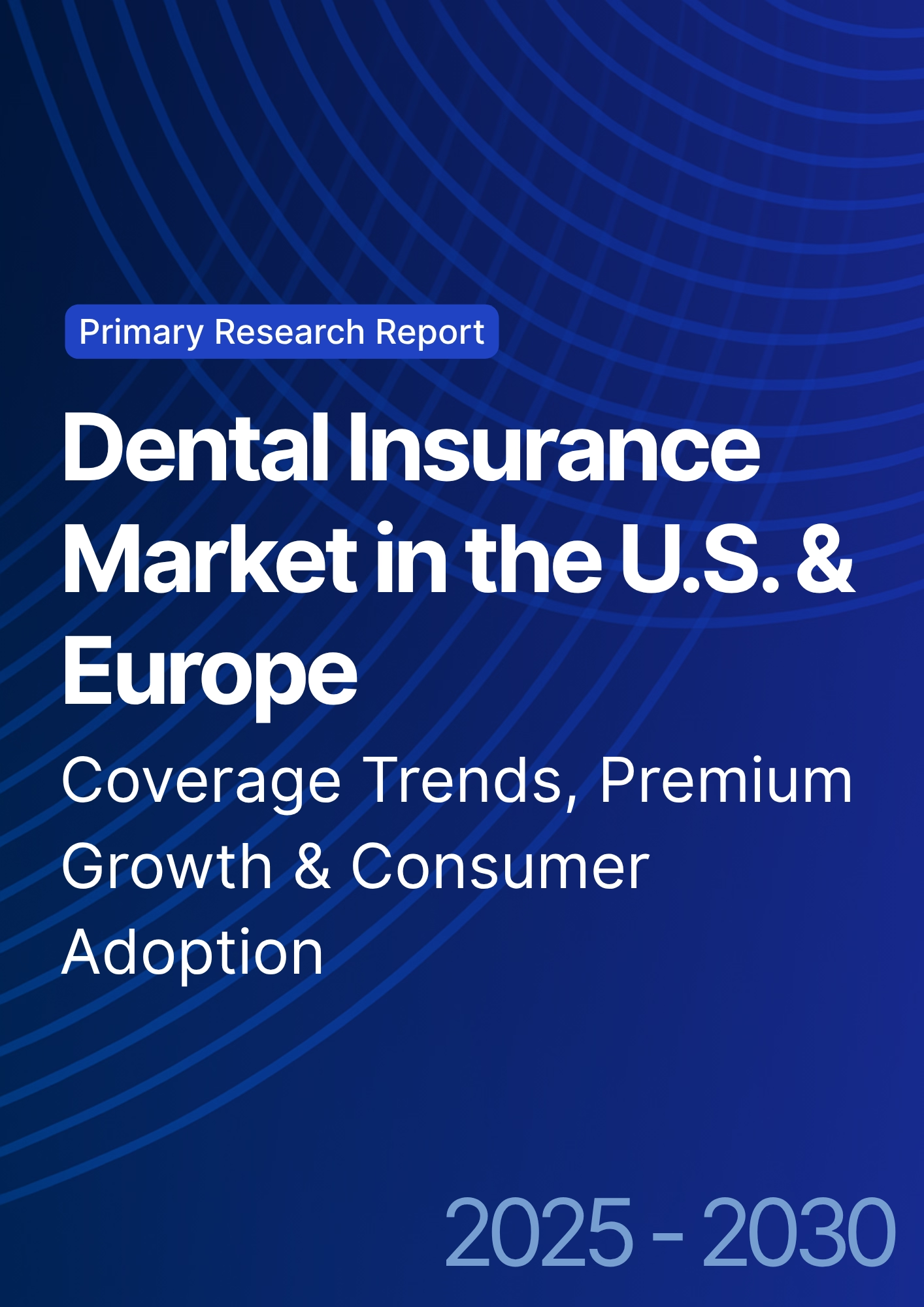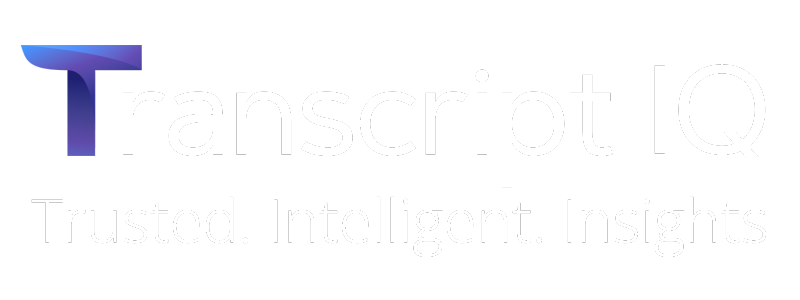

68 Circular Road, #02-01 049422, Singapore
Revenue Tower, Scbd, Jakarta 12190, Indonesia
4th Floor, Pinnacle Business Park, Andheri East, Mumbai, 400093
Cinnabar Hills, Embassy Golf Links Business Park, Bengaluru, Karnataka 560071
Connect With Us
Generative AI for Hyper-Personalized Wealth Management: Customer Journey Mapping & Regulatory Compliance - Innovation & R&D
This research explores the application of Generative AI in hyper-personalized wealth management across the UK and EU between 2025 and 2030. The report delves into the role of AI in transforming the customer journey, enhancing client personalization, and meeting evolving regulatory requirements. By analyzing market trends, investment projections, and compliance standards, this report provides actionable insights into how wealth management firms can leverage Generative AI to innovate, streamline processes, and comply with regulations while delivering superior customer experiences.

What's Covered?
Report Summary
Key Takeaways
• The Generative AI wealth management market in the UK and EU is projected to grow from $15.2 billion in 2025 to $38.7 billion by 2030, with a CAGR of 20.2%.
• HNWIs (High Net-Worth Individuals) and millennials are the primary adopters of AI-driven wealth management, with 60% of clients projected to rely on AI-powered solutions by 2030.
• By 2025, 80% of wealth management firms in the UK will use AI for customer journey mapping and personalized financial advice, increasing to 95% by 2030.
• The EU market is expected to experience 22.5% CAGR due to the growing demand for AI-driven financial solutions, especially in digital-first nations like Estonia and Finland.
• Regulatory compliance, particularly with GDPR and MiFID II, is becoming a key concern for firms, with 50% of firms using AI tools for real-time compliance by 2030.
• AI-driven investment platforms are gaining ground, with 30% of firms adopting AI tools for client engagement by 2025, expected to rise to 50% by 2030.
• By 2030, 25% of all wealth management clients in the UK and EU will exclusively rely on AI-driven platforms for wealth management services.
• Firms are increasing their R&D budgets, with 20-30% of the annual R&D spend dedicated to AI innovations by 2025.
Market Size & Share
The generative AI-driven wealth management market in the UK and EU is expected to grow substantially from $15.2 billion in 2025 to $38.7 billion by 2030, representing a CAGR of 20.2%. This growth is primarily driven by the increased adoption of AI technologies for hyper-personalized financial advice and customer journey mapping. The UK is expected to hold 30% of the market share in 2025, with growth to 32% by 2030, while the EU accounts for 60% in 2025, with continued growth due to a higher number of digital-first markets such as Estonia and Finland. HNWIs and millennials are the key demographic groups fueling this demand, as they seek tailored financial advice driven by AI insights. In addition, AI solutions will provide wealth managers with the ability to deliver highly personalized strategies, improve client engagement, and stay compliant with GDPR and MiFID II regulations. By 2030, the demand for AI-driven platforms in wealth management is expected to increase by 60%, particularly as wealth grows and digitalization continues to permeate the sector.

Market Analysis
The market for generative AI in wealth management is being shaped by rapid advancements in AI-driven tools that enable firms to offer hyper-personalized financial advice. By 2025, the market is expected to see $2.5 billion invested in AI technologies within the UK, with projections to reach $8.3 billion by 2030. The EU is projected to receive $3.8 billion of investment by 2025, growing to $9.5 billion by 2030. AI-driven platforms are gaining traction, especially in wealth management services targeting HNWIs, who expect more customized and efficient financial solutions. The UK is at the forefront of these developments, with 80% of wealth management firms expected to integrate AI tools by 2025, a figure expected to increase to 95% by 2030. These technologies are not only revolutionizing customer engagement but are also streamlining the operational aspects of wealth management, such as risk assessment, portfolio management, and regulatory compliance. However, firms face challenges in meeting evolving regulatory requirements, necessitating the integration of AI-driven compliance tools for seamless adherence to regulations like GDPR and MiFID II.
Trends & Insights
As wealth management firms increasingly adopt Generative AI, key trends are emerging that will reshape the industry between 2025 and 2030. AI-powered tools are allowing firms to offer hyper-personalized financial advice, with 60% of wealth management clients expected to rely on AI-driven solutions by 2030. The rise in data analytics capabilities provided by AI models will allow wealth managers to achieve greater accuracy in predicting market trends, with 90% accuracy in identifying key financial opportunities. In the area of regulatory compliance, AI is expected to play a pivotal role, with 50% of wealth management firms utilizing AI-driven compliance tools to meet evolving requirements, including those set forth by GDPR and MiFID II. The use of Generative AI for customer journey mapping will allow firms to deliver more seamless and automated client experiences, significantly improving client satisfaction. Additionally, AI will enhance R&D in wealth management, with 20-30% of annual R&D budgets being directed towards developing cutting-edge AI technologies, enabling firms to maintain their competitive edge.

Segment Analysis
In terms of client segmentation, the HNWIs segment, which represents 45% of the wealth management market in 2025, is expected to see the most significant growth, with a CAGR of 15% between 2025 and 2030. This demographic seeks high levels of personalization and sophisticated AI-powered financial strategies for wealth preservation and growth. Millennials will represent 30% of the wealth management client base by 2030, up from 20% in 2025. Their preference for digital-first solutions and personalized financial services will drive demand for AI-driven platforms. The AI-driven solutions market will also expand significantly in the portfolio management and real estate investment sectors, with these products expected to account for 35% and 25% of total transactions, respectively. As firms embrace customer journey mapping, AI will help in targeting younger clients who prioritize tailored and seamless digital experiences. By 2025, 25% of wealth management clients in both the UK and EU are expected to exclusively rely on AI-driven platforms, with this number rising to 50% by 2030.
Geography Analysis
The adoption of Generative AI in wealth management is seeing diverse growth across the UK and EU regions. The UK leads the way, with 30% of the total market share in 2025, and it is expected to maintain 32% by 2030. Germany and France are also major contributors, accounting for 22% and 15% of the market, respectively. The EU will experience a CAGR of 22.5% from 2025 to 2030, with markets like Estonia, Finland, and Sweden showing strong adoption rates due to their digital-first approach. GDPR compliance remains a key challenge, and by 2030, 50% of wealth management firms in both regions will use AI-driven tools to ensure compliance. Customer journey mapping through AI tools is rapidly being adopted, with 80% of wealth managers in the UK and EU incorporating AI by 2025, which will rise to 95% by 2030. As wealth management becomes more digital, AI will play a central role in offering personalized services that meet both client needs and regulatory requirements.

Competitive Landscape
The competitive landscape for Generative AI in wealth management in the UK and EU is characterized by a mix of traditional wealth management firms and fintech disruptors. Major players like Robo-advisors and AI-driven wealth management platforms are expected to hold 45% of the market share by 2025. However, traditional wealth management firms like HSBC, Barclays, and UBS are rapidly adopting AI tools, and by 2030, these firms are projected to capture 40% of the market. The competition will also increase as AI-driven platforms expand, with 30% of wealth managers expected to offer these services by 2025, rising to 50% by 2030. Regulatory compliance will become a major competitive advantage, as firms that can navigate GDPR, MiFID II, and other regulations using AI will enhance consumer trust. Additionally, R&D investment will be a key differentiator, with 20-30% of the annual R&D budget directed towards AI innovation. As Generative AI continues to mature, wealth management firms will leverage it to drive more personalized client experiences while ensuring compliance and optimizing their operations.
Report Details
Proceed To Buy
Want a More Customized Experience?
- Request a Customized Transcript: Submit your own questions or specify changes. We’ll conduct a new call with the industry expert, covering both the original and your additional questions. You’ll receive an updated report for a small fee over the standard price.
- Request a Direct Call with the Expert: If you prefer a live conversation, we can facilitate a call between you and the expert. After the call, you’ll get the full recording, a verbatim transcript, and continued platform access to query the content and more.


68 Circular Road, #02-01 049422, Singapore
Revenue Tower, Scbd, Jakarta 12190, Indonesia
4th Floor, Pinnacle Business Park, Andheri East, Mumbai, 400093
Cinnabar Hills, Embassy Golf Links Business Park, Bengaluru, Karnataka 560071
Request Custom Transcript
Related Transcripts
$ 1450
$ 1450


68 Circular Road, #02-01 049422, Singapore
Revenue Tower, Scbd, Jakarta 12190, Indonesia
4th Floor, Pinnacle Business Park, Andheri East, Mumbai, 400093
Cinnabar Hills, Embassy Golf Links Business Park, Bengaluru, Karnataka 560071













